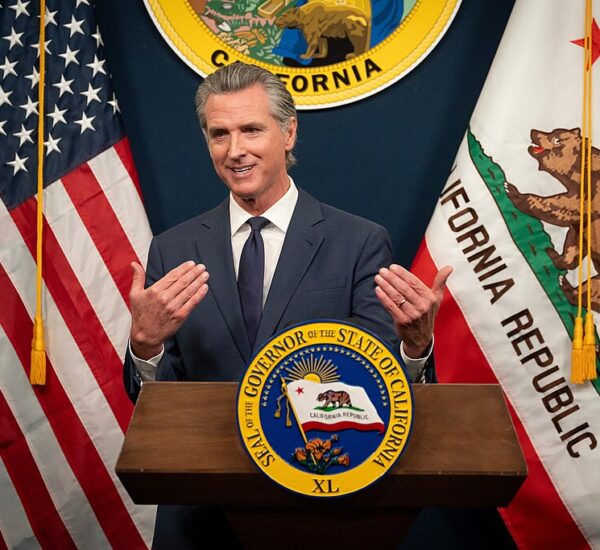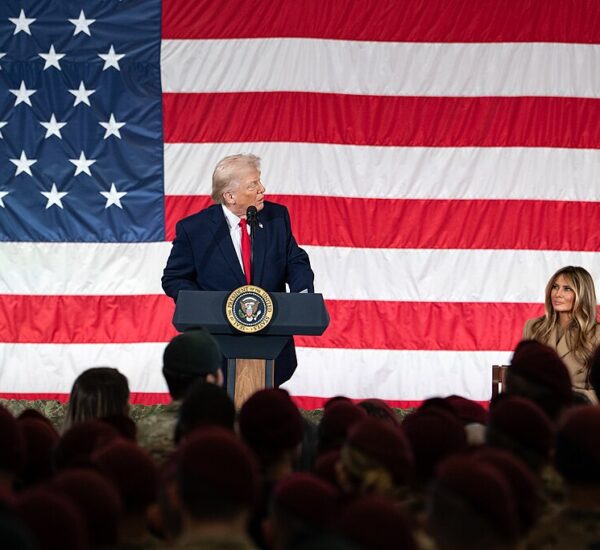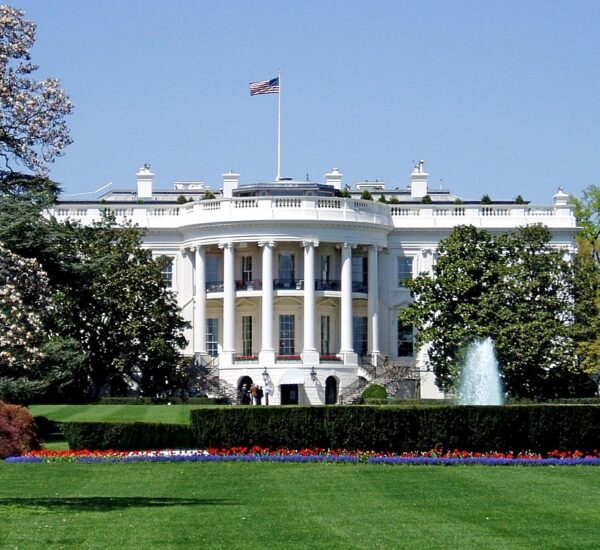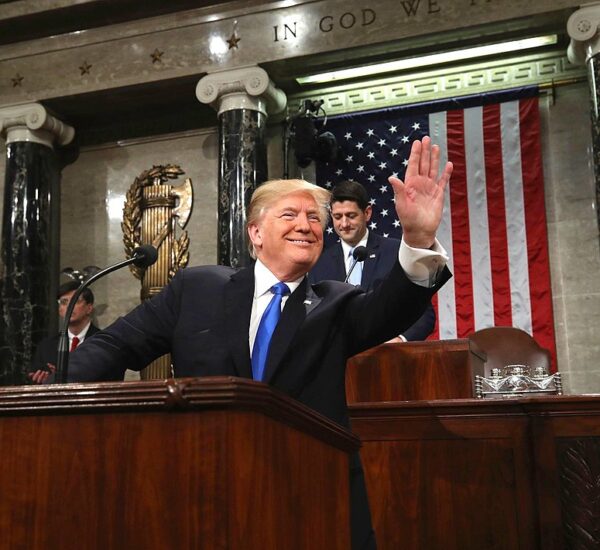Another Court Blocks Trump
Another wave of judicial activism threatens to undermine U.S. economic security and national sovereignty.
Two federal courts have now stepped in to halt President Donald Trump’s latest tariffs—tariffs designed to defend American jobs, crack down on Chinese trade abuses, and combat the deadly fentanyl crisis flooding U.S. communities.
On Thursday, U.S. District Judge Rudolph Contreras—appointed by Barack Obama—issued a ruling from Washington, D.C., that blocks President Trump from using emergency powers under the 1977 International Emergency Economic Powers Act (IEEPA) to impose tariffs. This decision came just hours after the U.S. Court of International Trade made a similar move.
The Trump administration has filed immediate appeals, vowing to fight back.
Tariffs Targeting China and Fentanyl Crisis Blocked
In February, President Trump launched a new tariff strategy under IEEPA, declaring that trade deficits and fentanyl imports pose an “unusual and extraordinary threat” to national security. These tariffs included an initial 10% duty on Chinese goods, later raised to as high as 145% by April.
But Judge Contreras claimed in a 33-page opinion that IEEPA does not grant the President authority to adjust tariffs unilaterally for economic strategy. He ruled that only Congress can approve such measures—a conclusion critics call legal overreach that weakens the executive branch.
“Liberation Day” Tariffs Halted—But the Fight Isn’t Over
President Trump’s April 2 “Liberation Day” order, which imposed sweeping tariffs on dozens of countries, was among the blocked measures. These tariffs were part of a broader effort to revive American manufacturing, protect middle-class jobs, and hold China accountable.
While the courts have stalled these new actions, other Trump-era tariffs remain active, including those targeting steel, automobiles, and national security-sensitive industries under separate legal grounds.
White House: “Judicial Activism Undermines American Sovereignty”
White House Press Secretary Karoline Leavitt condemned the ruling just moments after it was issued.
“We’re seeing a deeply concerning pattern of unelected judges interfering with the authority of the presidency. The United States cannot operate effectively if President Trump—or any future president—is blocked by activist courts during vital trade and diplomatic negotiations.”
Conservative leaders warn that the courts are overstepping their role, inserting themselves into international trade policy—a power that has traditionally rested with the executive branch.
Lawsuit Driven by Importers with Ties to China
The lawsuit was filed by two Illinois-based importers—Learning Resources and hand2mind—companies that rely heavily on foreign manufacturing, particularly in China. They argue that the emergency tariffs disrupt their supply chains.
President Trump’s America First trade agenda has long drawn opposition from multinational corporations and globalist interests seeking to preserve cheap foreign imports at the expense of U.S. workers.
Judges in Other States Sided with Trump—But D.C. Blocks Again
Interestingly, federal judges in Florida and Montana previously agreed to shift similar cases to the U.S. Court of International Trade—a move the Trump administration supports. But in D.C., Judge Contreras refused, allowing the challenge to continue in a liberal-leaning district court.
Another challenge, filed by California Gov. Gavin Newsom, is still pending in San Francisco—raising concerns that left-wing state leaders are using the courts to interfere with federal trade policy.
BOTTOM LINE: President Trump’s bold efforts to defend American jobs and take on China are once again being blocked by liberal judges. As global threats rise, conservatives argue it’s time to rein in activist courts and restore power to elected leaders—not unelected bureaucrats in black robes.







https://shorturl.fm/68Y8V
https://shorturl.fm/MVjF1
https://shorturl.fm/hQjgP
https://shorturl.fm/I3T8M
https://shorturl.fm/ypgnt
https://shorturl.fm/f4TEQ
https://shorturl.fm/eAlmd